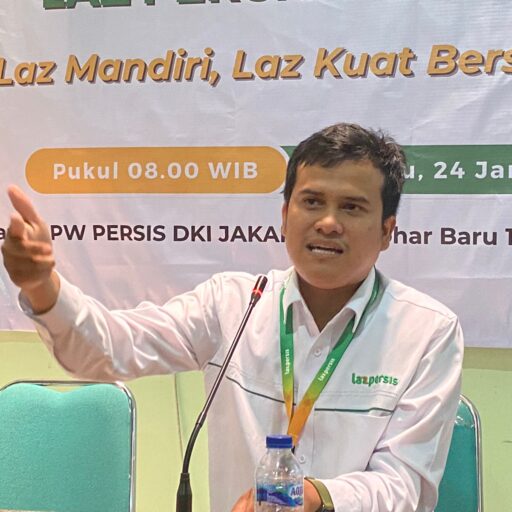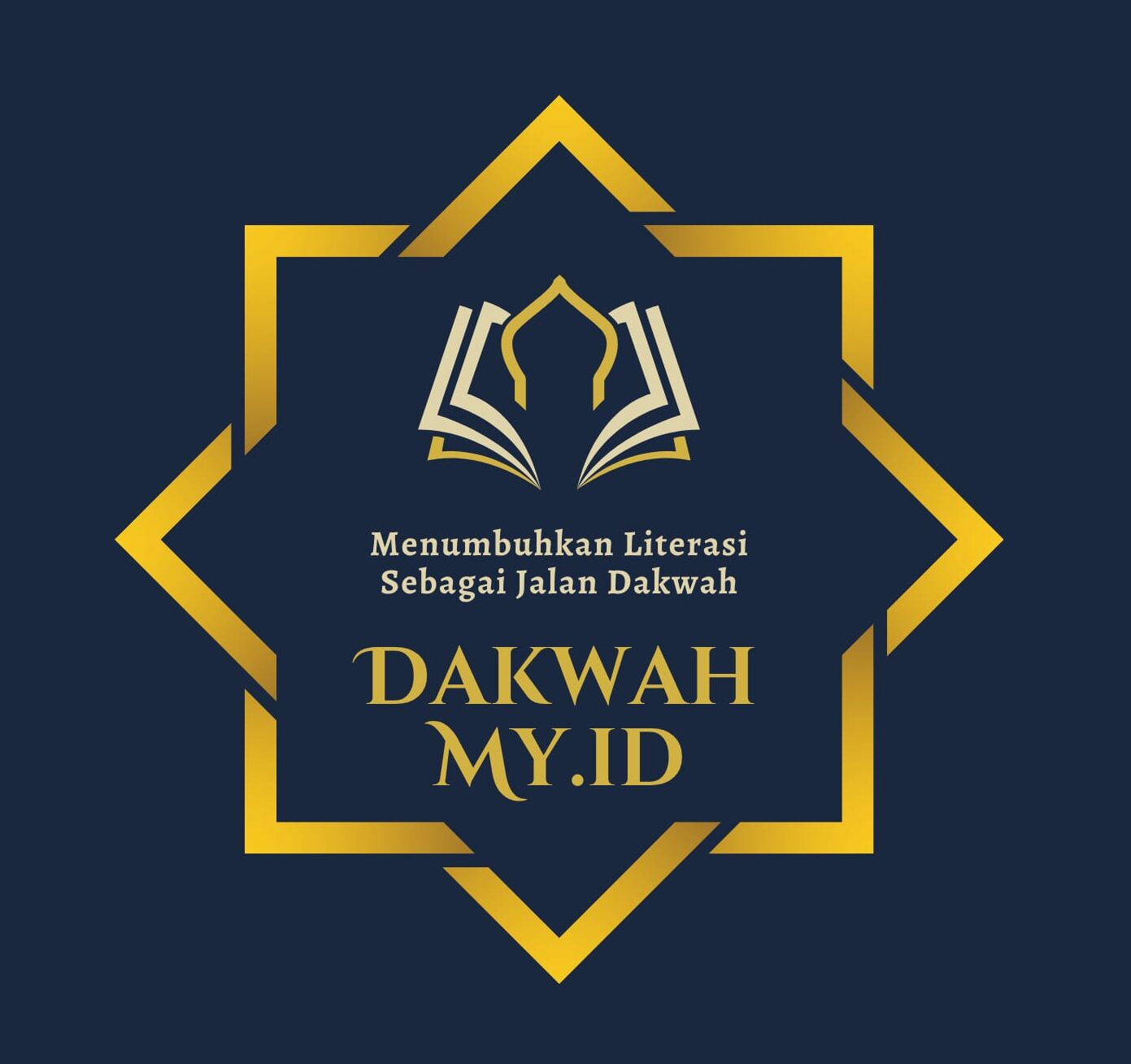Skip to content

1. Keislaman (Islamic Values)
- Core Islamic Values in Zakat
- Social Justice: Supporting equity within society.
- Empathy and Compassion: Emphasis on helping the less fortunate.
- Redistribution of Wealth: Reducing income disparity.
- Moral Responsibility: Spiritual obligation towards charity.
- Sources of Islamic Law for Zakat
- Qur’an: Direct verses on the obligation of zakat.
- Hadith: Prophet Muhammad’s teachings on zakat.
- Fiqh (Islamic Jurisprudence): Interpretations from various Islamic scholars.
2. KeIndonesiaan (Indonesian Identity)
- Values of Pancasila
- Belief in the One Almighty God: Alignment with Islamic charity.
- Social Justice for All: Matches zakat’s purpose in ensuring social welfare.
- Government’s Role in Zakat Management
- BAZNAS (Badan Amil Zakat Nasional): National Zakat Agency in Indonesia.
- Legal Framework: Indonesian laws governing zakat distribution.
- Indonesian Cultural Context
- Community-Based Charity: Local traditions that promote giving.
- Role of Religion in National Unity: Zakat as a way to strengthen interfaith harmony.
3. Zakat as a Bridge Between Keislaman and KeIndonesiaan
- Integration of Islamic Law into National Law
- How Islamic values influence Indonesian zakat law.
- Synergy between Islamic jurisprudence and Pancasila principles.
- Social and Economic Impact of Zakat in Indonesia
- Poverty Alleviation: Aligns with national development goals.
- Economic Redistribution: Fosters balance within the society.
- Community Empowerment: Zakat programs that support local communities.
4. Sources of Law in Zakat and Indonesian Implementation
- Sharia Sources: Qur’an and Hadith.
- National Law:
- Law No. 23 of 2011 on Zakat Management in Indonesia.
- Government regulations for zakat distribution by institutions like BAZNAS.


